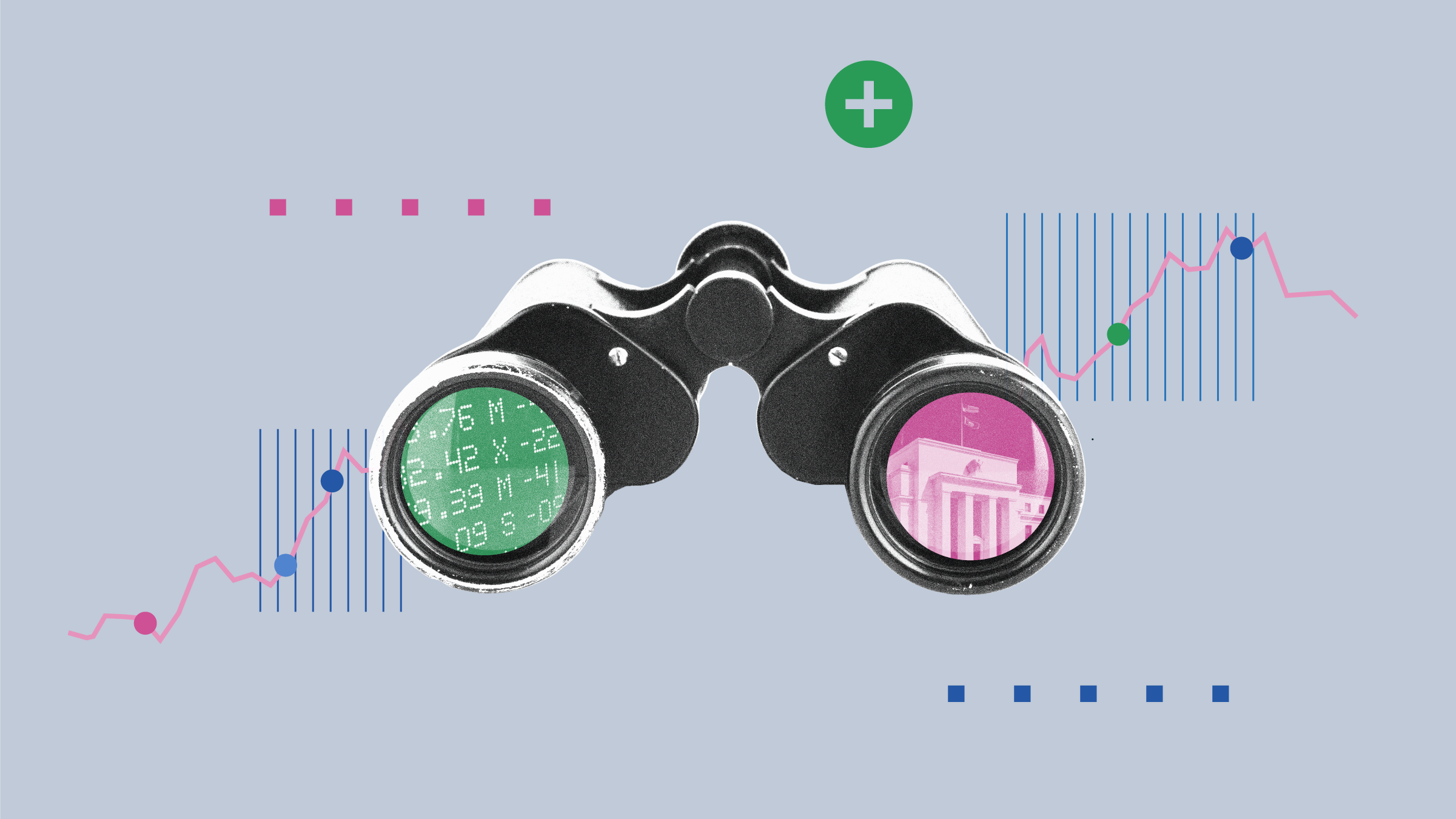
I follow three basic rules on takeovers:
Rule one: Don’t buy shares in companies purely on hopes that they will be on the receiving end of a bid. You are likely to end up with a portfolio of failing companies and no-one comes forward to put you out of your misery.
Rule two: If a company in your portfolio is on the receiving end of a bid, you should stay in and accept the best offer on the table. The potential upside is greater than the downside.
Rule three: Never buy into a target company after a bid has been announced. For you the potential downside is greater than the upside.
Rules two and three may seem contradictory but there is an important difference.
Under rule two the worst that can happen is that the bid falls through and the shares drop back to where they were before. You are no worse off than you were originally. If you are lucky, the company will be seen to be “in play” and the fall will not be so drastic.
Under rule three the potential gain is limited unless another bidder comes in, while the collapse of the bid leaves you seriously out of pocket.
I was reminded of these rules when the proposed bid for security company G4S (GFS) fell through and the shares dropped to 210p. That left the shares 13.5% higher than they were before the bid was announced but 10.3% below their post-bid peak.
Don’t buy in the hope that another approach will emerge. The shares are likely to drift lower.
National Express Thrives Despite the Snow
When the worst part of your business is growing revenue at 1.8% and the best is in double figures, there is good reason to feel hopeful. In fact, I was sufficiently pleased with the first quarter trading update from transport group National Express (NEX), coming on top of a record performance in 2018, that I topped up my holding.
The best performing division covers Spain, Morocco and Switzerland, which looks a bit of a mixed bag but it grew revenue by 11.8% in total and 7.8% like-for-like so who cares? The largest Spanish urban bus franchise, in Bilbao, has been renewed for 10 years.
German rail services continue to perform well, with underlying revenue growth of 5.2%.
North America increased revenue by 8.3%, despite the impact of school closures after particularly severe snow, although the picture there is by no means entirely positive. It never is.
Snow has unfortunately hit profits to the tune of $4.5 million, although National Express expects “a sizeable proportion” of the lost school days to be made up within its first half. Also 40% of school bus revenue is up for renewal and while a disciplined approach to bidding has so far brought an average rate increase of 5%, which offsets higher pay for drivers, it has meant a net loss of 1,000 buses so far.
UK operations have built further on their good performance in 2018, with revenue up 4.4% overall thanks to 7% growth in coaches. The contract for airside and car park shuttle services at Stansted Airport has been renewed for at least five years.
That just leaves the UK bus service to bring up the rear with growth of only 1.8%, although chief executive Dean Finch claims it continues to see the benefit of smart, mobile and contactless ticketing.
After a particularly strong Easter across the group, Finch reckons National Express is on course to hit its revenue, profit and free cash flow targets for the year.
The shares have been on an upward march since hitting a low of 228p nearly five years ago and although they have gone pretty much sideways over the past 15 months I believe the rising trend remains intact. I added to my holding after the update at 415p, which was a little more than I wanted to pay but I look forward to the shares topping the recent high of 433p before the summer is out.
Rodney Hobson is a long-term investor commenting on his own portfolio; his comments are for informational purposes only and should not be construed as investment advice, nor are they the opinions of Morningstar.




























